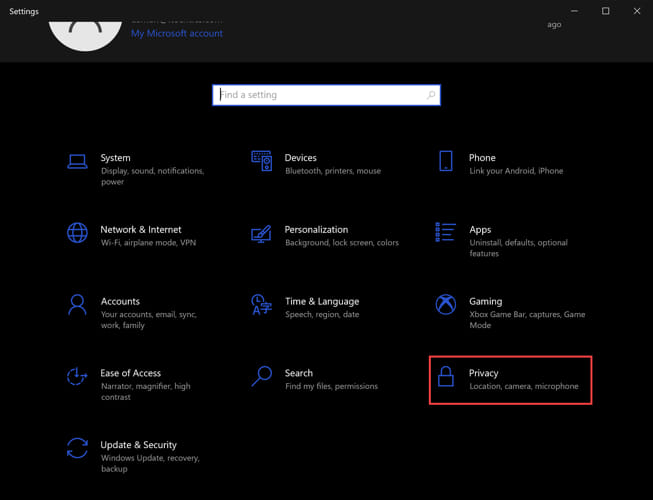

Children and young adults need more sleep than older people. The amount of sleep someone needs each night depends on their age. Speak with a college counselor to learn more about recommended sleep for college students.

These and other strategies promote wellness and academic success.
Researching sleep, understanding sleep deprivation's negative consequences, and practicing good sleep fundamentals help mitigate those outcomes. Unfortunately, many degree-seekers forgo sleep to complete assignments or socialize with peers.Īlthough mixing college students and sleep deprivation leads to negative outcomes, degree-seekers can avoid them. Sleep plays a vital role in academic success and mental balance. One mistake leading to adverse educational outcomes involves the relationship between sleep and college students. Learners who do not plan for a transition to college may make academic, financial, and personal mistakes.


 0 kommentar(er)
0 kommentar(er)
